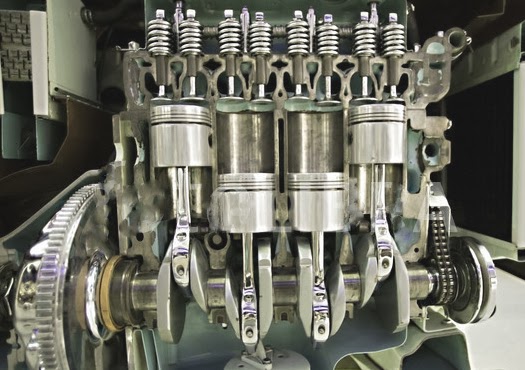The introduction of electric vehicles has brought with it concerns for the future of the internal combustion engine, but what are the main challenges that the traditional vehicle faces now that the electric vehicle is gaining popularity?
The safety of EVs has increased
Since electric vehicles (EVs) burst onto the scene some years ago, there has been concerns over how safe they actually are to drive. It’s taken decades for gas cars to become as safe as they are now, and many people fear that it will be awhile before EVs are up to the same standards of safety.
However, this is not necessarily the case anymore. In fact, many car companies including Nissan and VW have brought out electric car prototypes that are considered to be of a high standard of safety.
One of the main concerns of electric cars is the risk of battery fires, which was amplified in 2010 when the lithium on iron batteries in some laptops and mobile phones caught fire. Since then, there have been a variety of plug-in vehicle fire incidents. However, these are becoming much less frequent in recent years.
EVs can be charged at home
One of the main attractions of EVs is that they can be charged at home. Many drivers of gas cars find it tedious and time-consuming to make a trip to the petrol station to fill up with petrol or diesel, so the prospect of cutting that out altogether is one of the main lures of the electric vehicle.
This poses as a threat to the internal combustion engine, as EVs take around six to eight hours to charge, meaning they can be charged completely overnight, making the early morning petrol dash a thing of the past.



